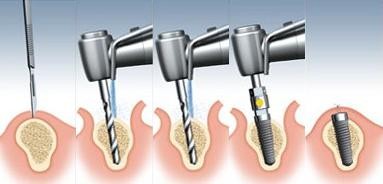Dental implants are the most sought-after tooth replacement option in the UK. Research has shown that the 10-year survival or success rate of dental implants is more than 90%. However, a recent systematic review revealed that over 20 years, one in five tooth implants may fail due to various reasons. But can dental implants fail, and what are the reasons for it? You may ask. We will answer this question and many others in this blog. So, continue reading to learn more about tooth implant failures and how to minimise them.
What are Dental Implants?
According to the British Society of Periodontology, an implant is a cylindrical fixture that is inserted into the jawbone to replace missing teeth. Dental implants are surgically anchored into the jawbone, where they serve as artificial tooth roots. Over time, high-quality bone forms around them. As a result, dental implants provide a firm foundation for any prosthesis attached to them for replacing missing teeth.
Can tooth implants cause problems?
Research has shown that dental implants don’t cause any problems if they are placed by an experienced dentist and are looked after properly. Problems with dental implants can arise when novice dentists don’t create a thorough treatment plan or don’t follow the recommended surgical technique. This is why it is important to visit a qualified and experienced dentist when getting one’s missing teeth replaced with implants.
What is the most common cause of dental implant failure?
The most common cause of dental implant failure is peri-implantitis. According to the American Academy of Periodontology, this condition refers to the inflammation of the soft and hard tissues surrounding an implant. Peri-implantitis can occur due to poor surgical technique or inadequate oral hygiene maintenance. If this condition is not treated in a timely manner, it can lead to implant failure.
Can dental implants last a lifetime?
Dental implants are extremely durable. According to Healthline, dental implants can last a lifetime for many people, particularly if they are looked after well through optimal oral hygiene and regular dental checkups. So, it all depends on how well you look after them.
What should I do if my dental implant feels loose?
If you feel that your dental implant has become loose, you should visit your dentist immediately. It could be due to various factors, such as infection or overloading during implant placement. You may prevent this implant from failing if you seek treatment in a timely manner.
What are the signs of dental implant rejection?
Failure of dental implants can occur due to two major factors: early and delayed implant failure. Implant failure or rejection is typically characterised by symptoms such as persistent pain, swelling, and redness in the region. The dental implant may also feel loose, may give off a foul smell, and may exude pus. Another symptom of implant failure is exposure of the implant threads. If you feel that one of your tooth implants is failing, you should consult with your dentist immediately.
Can I get dental implants if I have other health conditions?
Anyone can get dental implants if they have good oral and physical health. However, dental implants are not advisable if someone is suffering from chronic conditions that may affect implant durability. For example, patients suffering from bone diseases or gum disease should seek treatment for this problem first before getting implants. Similarly, diabetic patients should get their blood sugar levels under control before seeking this treatment. This is because high blood sugar levels can interfere with optimal healing.
If an implant fails, is it worth getting another?
In case someone’s dental implant fails, they should get another one. However, they should consider the following before getting another implant. First, they should ensure optimal oral hygiene before implant therapy. Secondly and most importantly, they should get dental implants from a highly qualified and experienced dentist to minimise the risk of implant re-failure.
Can a dental implant fall out?
Dental implants can fall out if they fail to anchor themselves firmly into the jawbone. This typically occurs because of peri-implantitis, poor surgical technique, or overloading during implant placement.
Does Dental Implant surgery always work?
Dental implant therapy works perfectly if it is provided by a renowned and experienced dentist. In most cases, problems with dental implants occur when implant treatment is provided by novice dentists. So, it is very important to do your homework before selecting a dentist for getting tooth implants.
Will dental implants rust?
Dental implants don’t typically rust. This is because they are made of titanium. Titanium alloys have an inherent tendency to form a thick layer of oxides around them, which prevents them from rusting and degrading. This is also one of the reasons why dental implants are considerably more durable than other tooth replacement options, such as dentures and tooth bridges.
Is dental implant surgery safe?
Like all other dental surgical procedures, implant surgery is also safe if it is performed by a dentist with sufficient experience. Ideally, implant dentists should have obtained additional qualifications to ensure that their patients enjoy the best outcome from this treatment.
If you are looking for e reliable dental implant practice to get teeth implants in the West Midlands, you should consider visiting Solihull Dental Centre & Implant Clinic. Our practice offers high-quality general dental and implant services to our esteemed patients in a comfortable and relaxing environment. Book an appointment with us today and let us give you a healthy and lasting smile with dental implants.


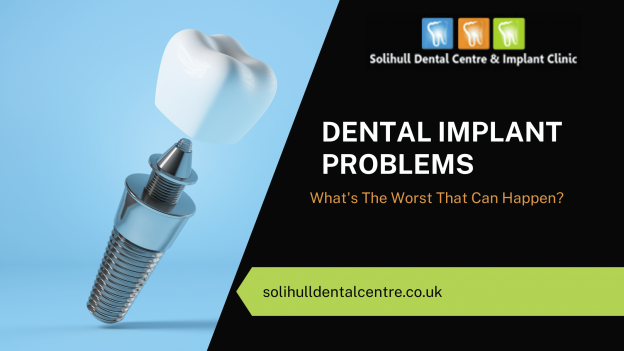



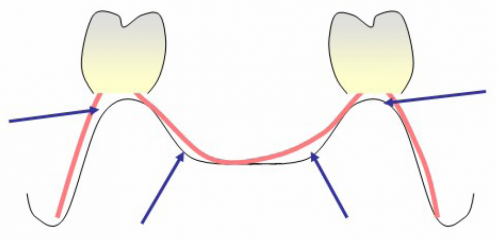
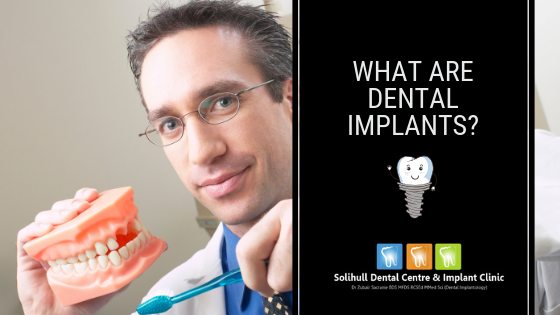
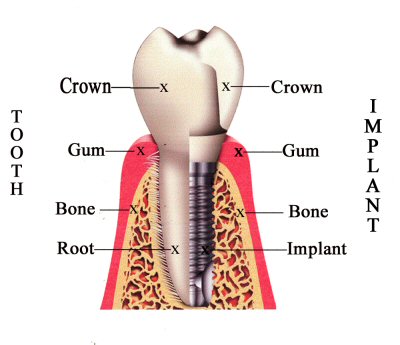
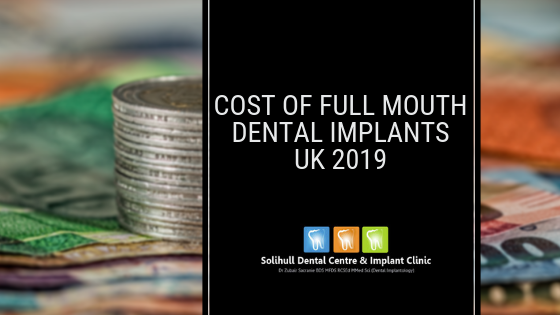
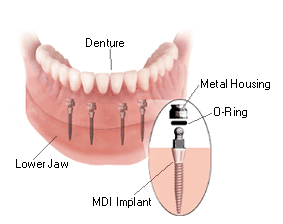
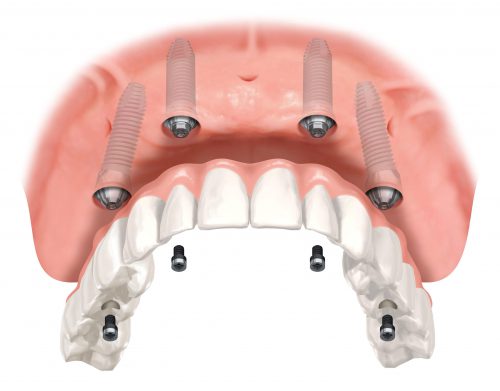

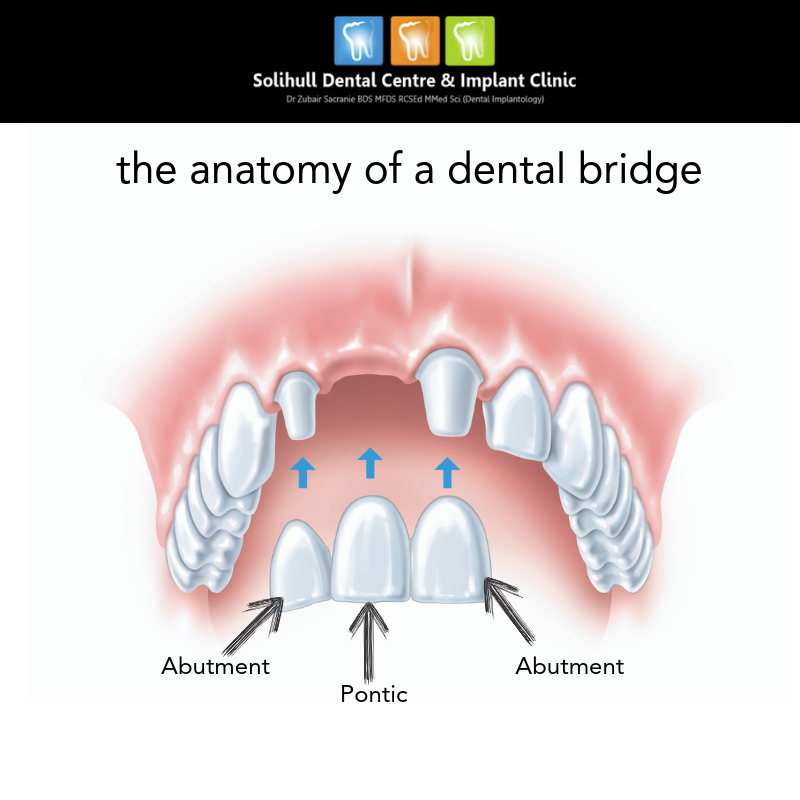
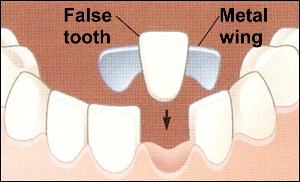
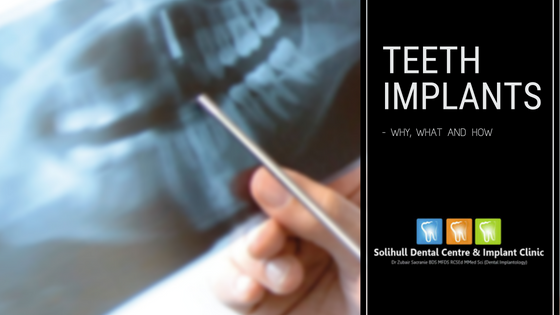 Lots of patients are asking about dental implants and trying to discover whether implants are right for them or not. With so many questions we thought we would attempt to answer a few with our dedicated
Lots of patients are asking about dental implants and trying to discover whether implants are right for them or not. With so many questions we thought we would attempt to answer a few with our dedicated  A special report by Dr Zubair Sacranie revealing what everyone should know about replacing missing teeth.
A special report by Dr Zubair Sacranie revealing what everyone should know about replacing missing teeth.
